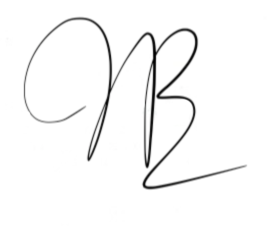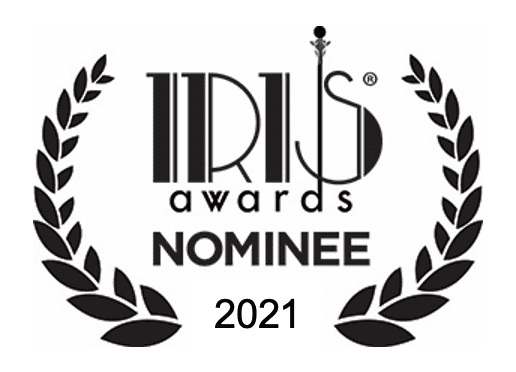Excited, I typed out the image in my mind:
A young african american man wearing a white t-shirt, jeans and sneakers, is flying through the clouds and space as if in a dream.
Midjourney generated four versions that the beloved painter and art instructor Bob Ross might have called “happy little accidents.” In each, the clouds look like unruly cotton balls. The man has no discernible face. He also does everything but fly through the clouds: he walks on them, sits on them, or has his head lost in them. The images were garbage.
After a few days of studying the text-to-image prompts of other users, I refined my descriptions. Finally, through trial and error, I learned how to guide AI to generate images closer to my vision. I’ve turned my daughter into Princess Leia, myself into a guardian angel, and reimagined Santa Claus as Batman.
AI-Generated art and Black fatherhood
As a Black dad who blogs, I was curious to see how AI imagines fatherhood. One day I typed: young african american father holding sleeping baby, illustration. Midjourney produced four touching images that evoked my early, sleep-deprived days of dadhood when I cradled my daughter in my arms to help her fall asleep. I posted one of the images to Instagram and titled it “The Whole World in His Hands.”
The comments from other Black dads were positive. I imagine they felt seen.
I typed “fatherhood” into Midjourney 10 times. The bot generated four images each time creating 40 images of what it was programmed to associate with fatherhood. Only one image was of a Black father. One out of 40. And none appeared to be people of color.
That inspired me to create more AI-generated art drawing from my own experiences or those of fathers I know. I made images of Black dads teaching their sons how to tie a necktie. Reading books with their children. On date nights with their spouses. Spending time with their daughters. Essentially, Black dads being present in the lives of their loved ones. Images that are all contrary to the “absentee father” myth prevalent in news media, politics, and pop culture.
I would occasionally forget to use the descriptor “African American” before “father” in my image prompts and Midjourney would, predictably, generate images with white fathers. It didn’t bother me at first. But after the second and third time, I started thinking, “Why aren’t Black fathers included in AI’s default definition of fatherhood?”
So I did an experiment. I typed “fatherhood” into Midjourney 10 times. The bot generated four images each time creating 40 images of what it was programmed to associate with fatherhood.
Only one image was of a Black father. One out of 40.
And none appeared to be people of color.
According to AI, the default image of “fatherhood” is a white father holding or hugging a child.
“I am invisible”
The issue of bias in image generation systems shouldn’t be surprising. As digital artist and academic Nettrice Gaskins noted in a recent Instagram post: “The processes by which machines learn to recognize images is like how humans see things. Neural nets are fed millions of images from databases; they use input from humans to classify and sort image data and come up with probabilities of what the final images will be. Artists can change the parameters for how a network or system identifies, recognizes, and processes these images, which gives them a certain amount of power to influence or make decisions about which images are generated.”
Still, it felt like the kind of distortion Ralph Ellison famously described in his 1952 novel Invisible Man: “I am invisible, understand, simply because people refuse to see me. Like the bodiless heads you see sometimes in circus sideshows, it is as though I have been surrounded by mirrors of hard, distorting glass. When they approach me they see only my surroundings, themselves, or figments of their imagination — indeed, everything and anything except me.”
Representation matters. It matters because it validates experiences and lifts aspirations.
That’s the reminder I’m taking with me into February — Black History Month — as I continue my artistic adventure with Midjourney. As Gaskins encouraged, I have the power to influence the images generated by AI. I have the power to widen the visual representation of Black fatherhood.
“There are endless possibilities …”


Leave a Reply